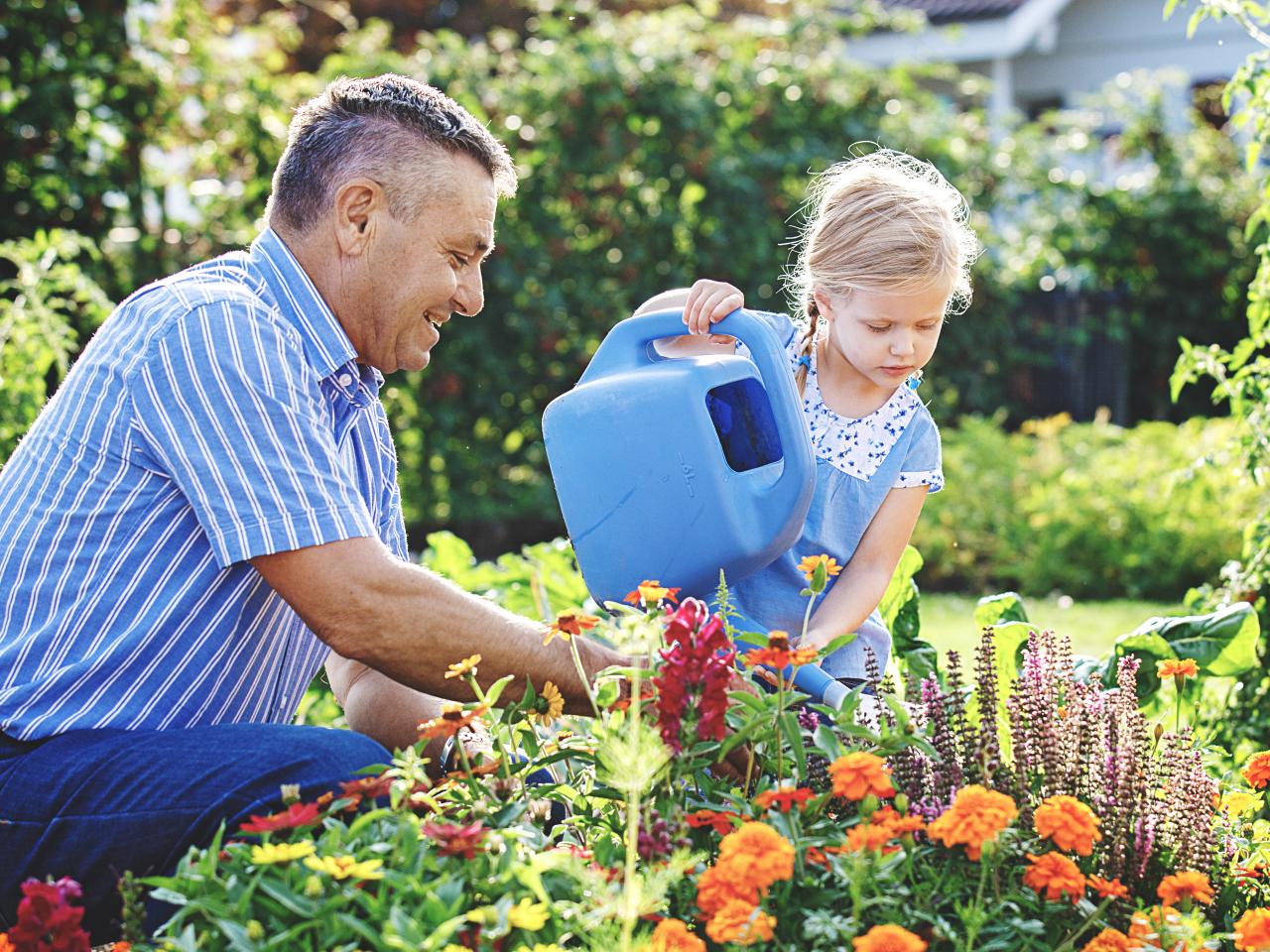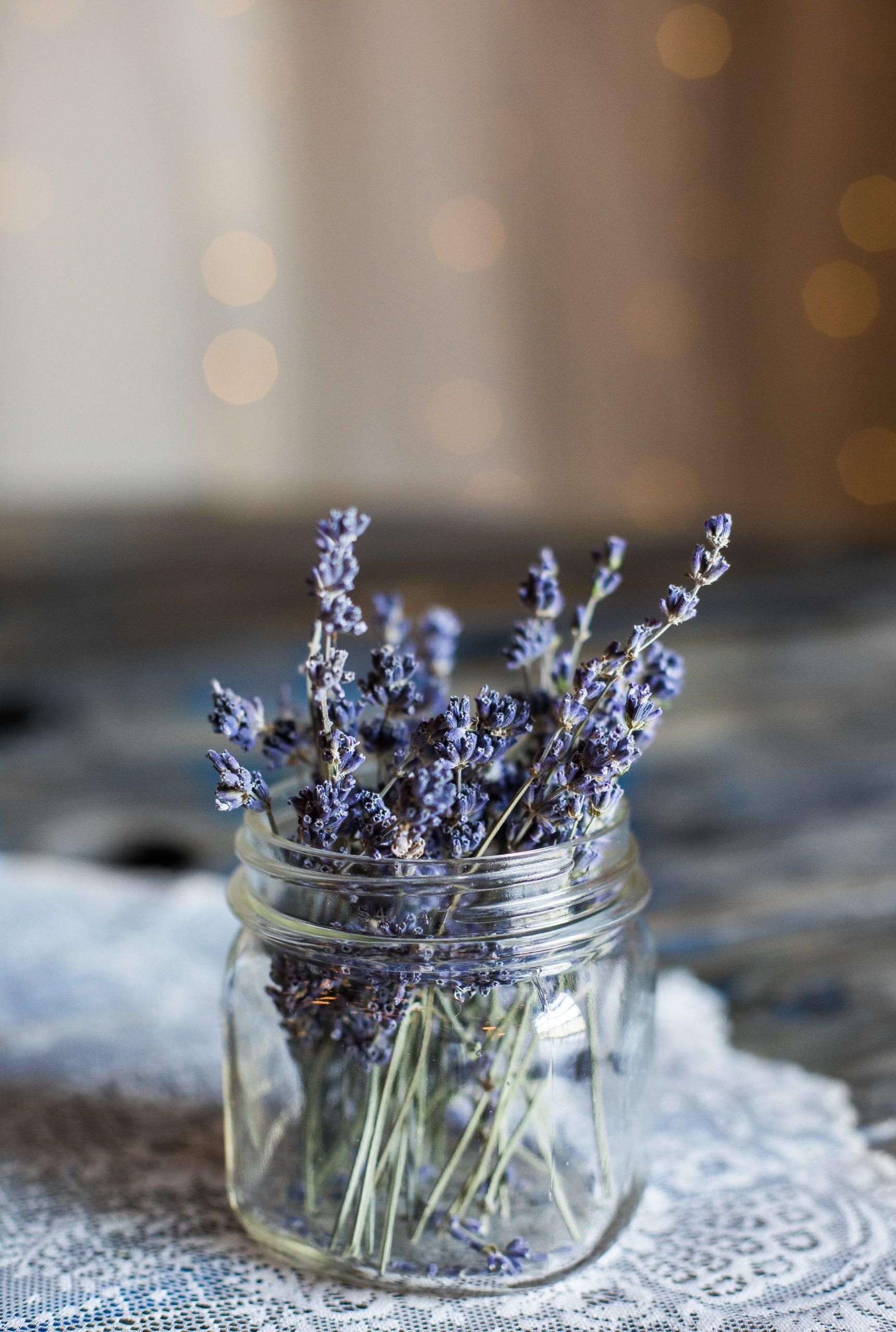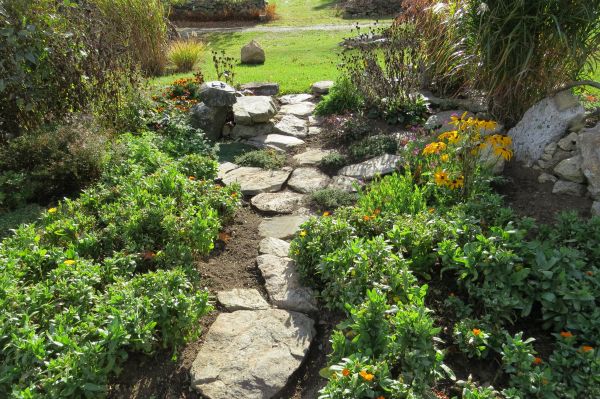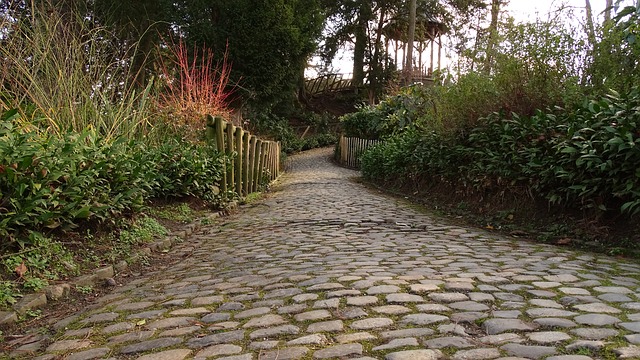Watering is the garden’s main task and the one that takes the most time. Unless you decide to automate the system, it will be something almost every day. When the orchards are not very large and are for personal consumption, the irrigation should be manual and not automatic. Doing it this way will force you to go out every day to observe and see how everything is happening, which allows you to carry better management. When irrigation is automated, you may be absent for a few days, in which pests tend to develop that you do not control in time.
In turn, the act of watering sounds like the easiest task in the garden, but if you don’t do it correctly, you can disrupt plant activities, washing away nutrients and wasting water. When you water, the water is the channel through which the roots also absorb nutrients, a fundamental activity for plants’ development. For efficient and beneficial irrigation, here are some activities to consider:
#1. Not All Plants Need the Same Amount of Water

Watering a succulent is not the same as watering lettuce. Succulents require minimal watering, and too much can kill them, while lettuces need a lot of water, and if not watered enough, the plant becomes stressed and quickly seeks to complete its cycle. Within vegetables, some plants tolerate drought better than others. The best ones are chard, corn, asparagus, sweet potato, mustard greens, okra, eggplant and legumes. In case you do not have time to water every day, you can choose to put one of these in the garden.
#2. It’s Capacity to Retain Water Will Depend on the Quality of Your Soil
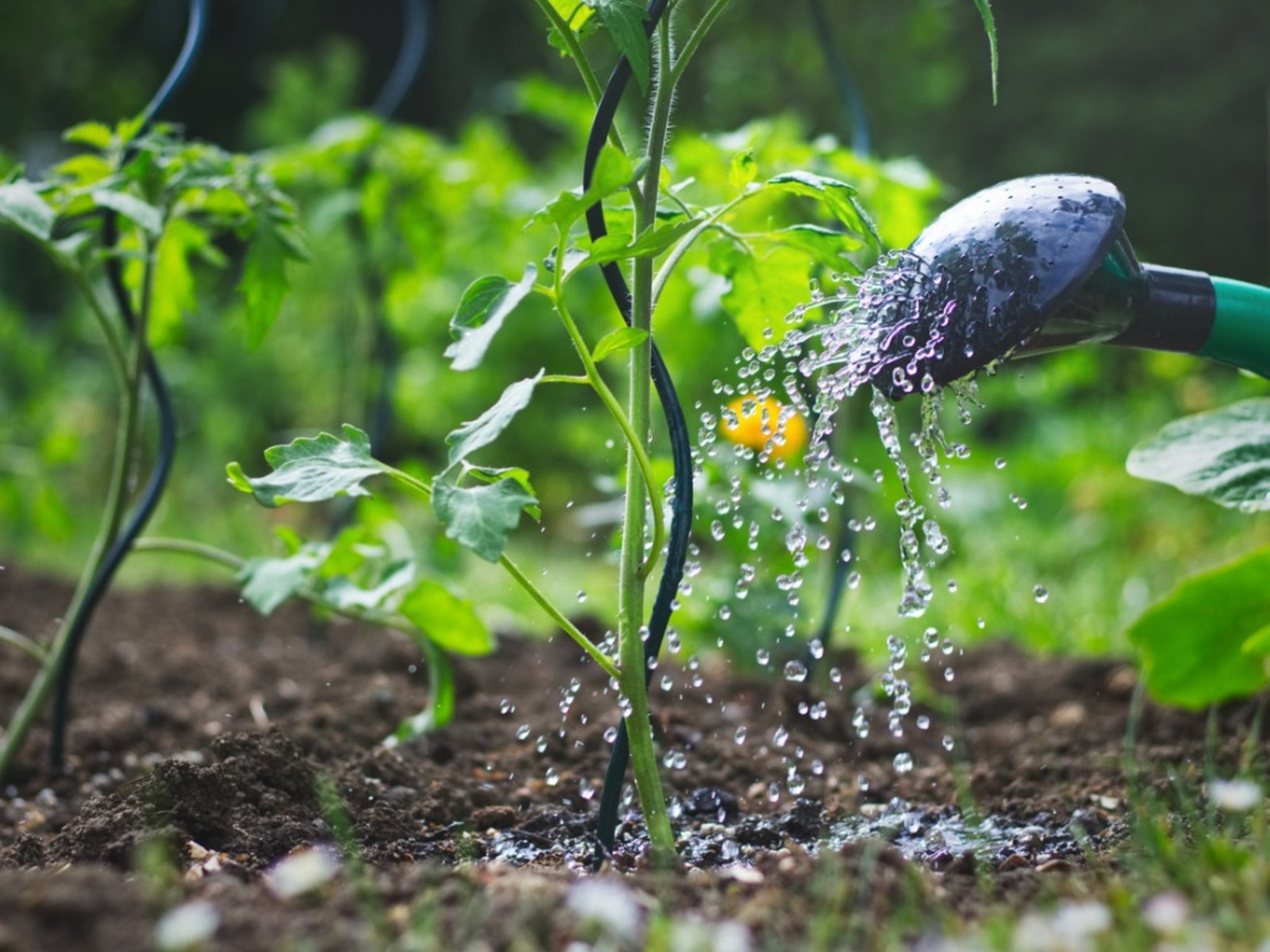
Have you ever seen how you started to water a flower pot, and the water quickly came out from under it? That’s because the substrate has very little water-holding capacity. One of the substrates with the highest retention capacity is compost. That is why it must always represent at least 50% of the total substrate in your garden. Also, it provides all the nutrients that plants need.
#3. The Smaller the Pot, the Faster the Water Evaporates
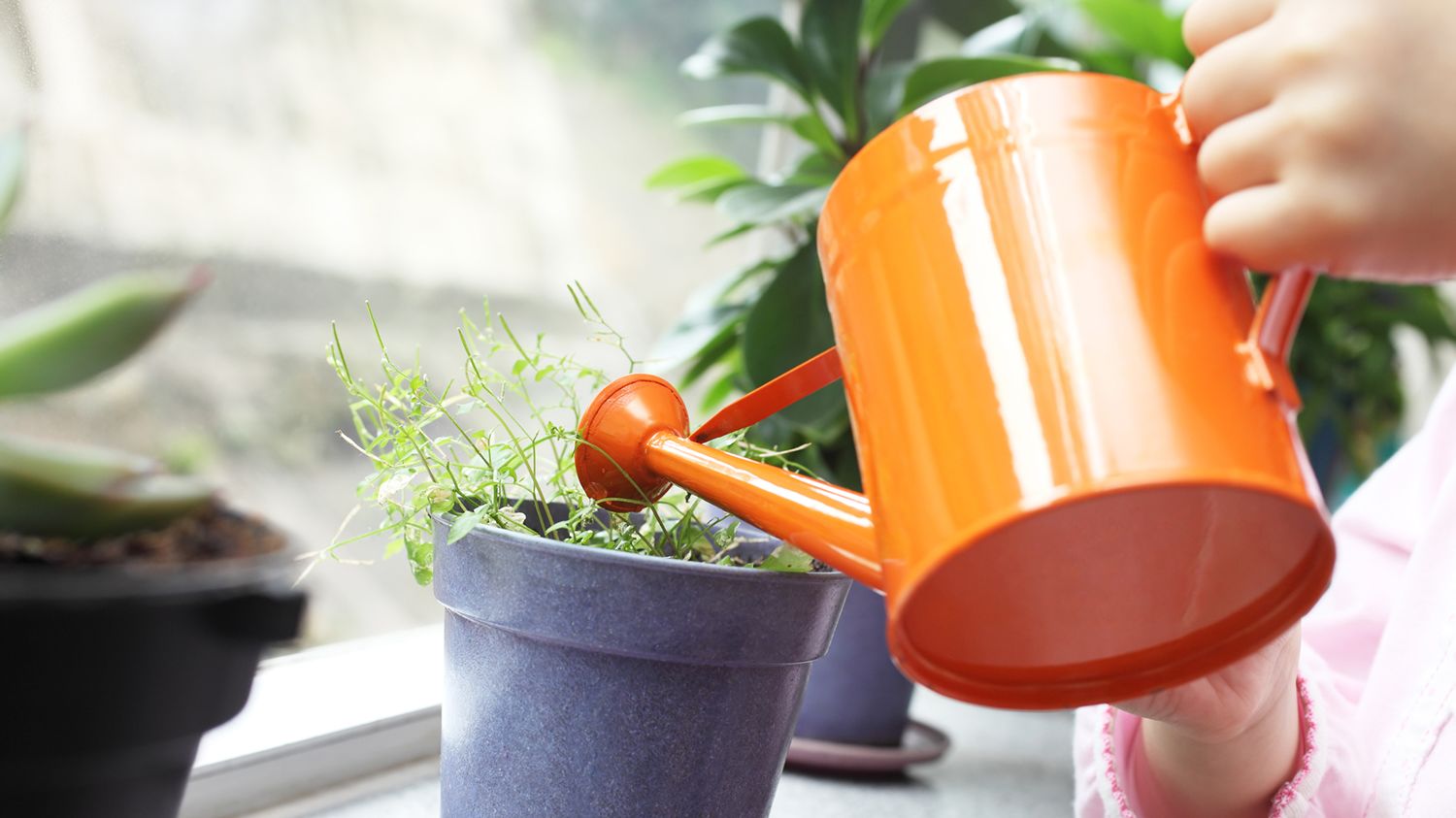
Small pots are a problem, not only because of a lack of space for roots but also because of the substrate dries’ speed. It is important that you give your vegetables a good area, and for those in small pots, keep in mind that they will need more frequent watering.
#4. Avoid Wetting the Leaves When You Water During the Day
/touchingplantleaveswhilewatering-6350438e816a421fb34f27d930d9e17a.jpg)
When you water during the day, the plants are photosynthesizing and perspiring through their leaves; that is why you must avoid wetting them and watering directly around the stem. When there’s dirt on your vegetables’ leaves, it is recommended to spray them with a little water in the afternoon.
#5. When You Plant in Pots, Everything Is Limited, Even the Amount of Nutrients Available to the Plants

In case water continues along and comes out from under the pot, it takes nutrients along the way and washes the substrate. That is why you must add enough water so that the roots can absorb, but not too much so that the soil is washed.
#6. It Is Advisable To Use a Chlorine Filter for the Water
Mains water is treated with chlorine, which kills pathogens and beneficial microorganisms that live on the ground. That is why it is good to put an activated carbon filter, boil and let the water cool, or find some solution to filter the water from the mains.
#7. The Time of Day You Water Depends on the Season of the Year
In winter, it is suggested to water early in the morning. In this way, the plants will have the day to absorb water and nutrients, and at night the substrate will not be so wet and cold. In summer, the best time to water is in the afternoon after the sun goes down. In this way, the heat does not evaporate water during the day, and the vegetables have all night to hydrate. In summer, if the heat is extreme, you can reinforce by watering in the morning.
#8. One of the Key Activities to Keep the Soil Alive
It is a dry organic matter layer that can be straw, dry leaves, or wood bark. You can distribute them throughout the growing box, around the plants, covering the entire substrate. This has multiple benefits: the first is to maintain soil moisture for longer, the second is to prevent the growth of herbs that compete with your crops, and the third is to add organic matter to your substrate. Although it seems simple, watering in the recommended ways is a crucial activity for your garden’s health, and even for ours. Irrigation can become a moment of the day with ourselves. You stop and connect with the environment: the sound of water, contact with plants and the aroma of wet earth, becomes an active meditation, where you are giving and receiving, for and with nature.
Need some tips or help for maintaining your green-space in tip-top shape? Let the experts at Nova Property Solutions take care of your garden. With decades of combined experience in the horticultural and landscaping industry, they provide quality and cost-effective services to keep your outdoor space looking fresh, clean and beautiful.
